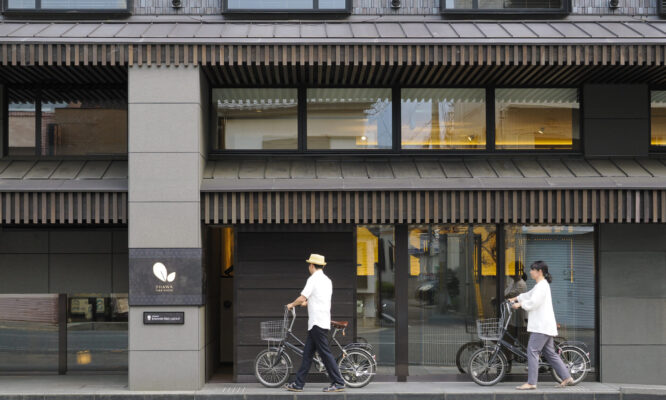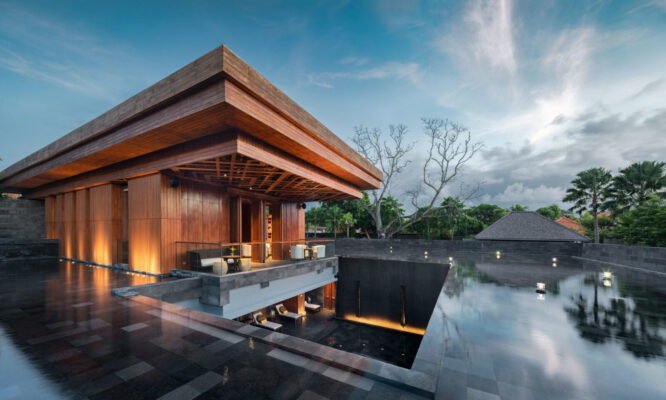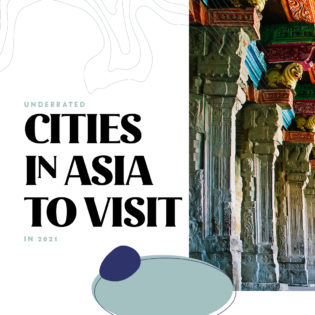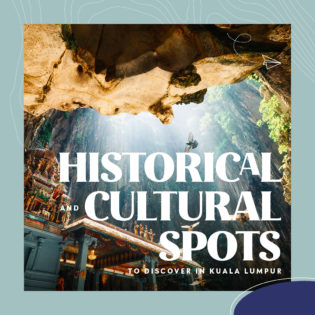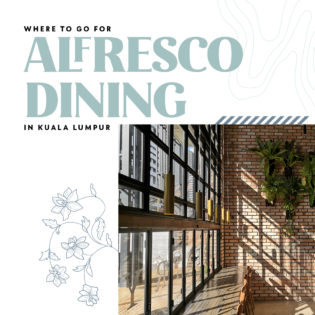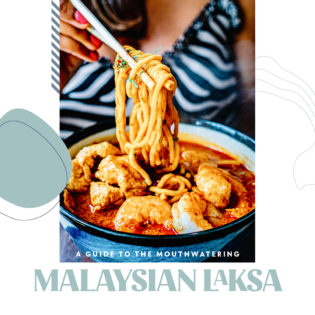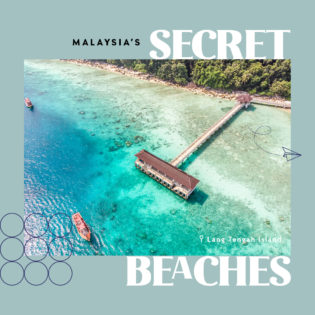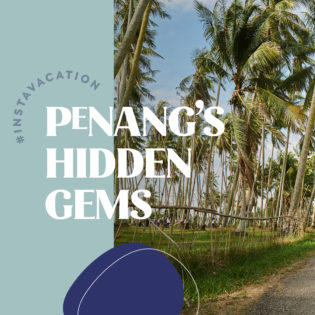Growing Fashion Valet is more than just glitz and glam for Vivy Yusof
You know you’ve made it when an article about you reaches more than 70,000 views on Forbes.com. In comparison, anything featuring the ubiquitous Kardashians gets an average of around 5,000 to 7,000 views on the predominantly business website, even those featuring controversial rapper Kanye West a.k.a. Mr Kim Kardashian.
High online views are nothing new to Vivy Sofinas Yusof, co-founder and Chief Creative Officer of online multi-label fashion retailer Fashion Valet. She openly attributes her social media popularity to being one of the reasons for the success of Fashion Valet. Vivy regularly shares snapshots of her outfits (almost all available from Fashion Valet) and her life with more than 800,000 followers on photo-sharing social network Instagram.
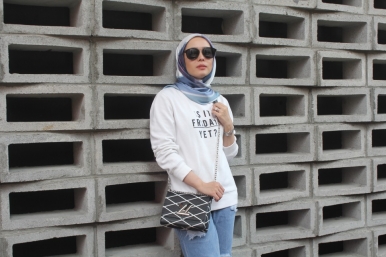
Her huge popularity is also leveraged on when promoting the luxe scarf brand she founded, called “dUCk”, named after Vivy’s blog, where she first amassed her immense following of fans who later turned into loyal customers. Her status as an influencer has grown so big that she was recently invited into a very exclusive circle – to be one of luxury brand Louis Vuitton’s Friends of the House – the first headscarf-wearing personality to be invited. However, simply being well-known would not have gotten Vivy to where she, and Fashion Valet, are now.
Set up in 2010, Fashion Valet is arguably one of the earliest multi-label online fashion retailers in Malaysia, but it was not without competitors. At that time, Internet-savvy local customers were buying on websites like eBay and Asos, and from local sellers selling on self-publishing sites like Blogger and WordPress.
Inspired by their time studying in London when they could buy almost anything online, Vivy and her husband (then fiancé) Fadzarudin Anuar set up the Fashion Valet website as a go-to point for fashion-savvy consumers to purchase clothes from local designers. Starting with about USD30,000 (RM100,000) in personal savings and loans from family members, the co-founders persuaded 10 local couture designers to sign on, and have not looked back since.
“I believe that we grew the Ready-To-Wear market by local couture designers. Before Fashion Valet, most Malaysian designers were reluctant to create and sell RTW apparel,” attests Vivy, in a tone that hints at her matter-of-fact confidence as well as a slight pinch-me amazement at their success.
But the road to success was not without challenges. Neither of the founders had any technical knowledge and experience in running an e-commerce business. Vivy read law at the London School of Economics and Fadzarudin studied Aeronautical Engineering. Both felt vulnerable depending on third parties to help them achieve their targets. And when a competing fashion portal backed by a giant international company entered the market at around the same time, Vivy was convinced it would be the death of Fashion Valet. However, they held on to the belief that there was enough demand for more than one player and went ahead as planned.
Their strategy was to focus on Asian brands and to find the right talents for their company.
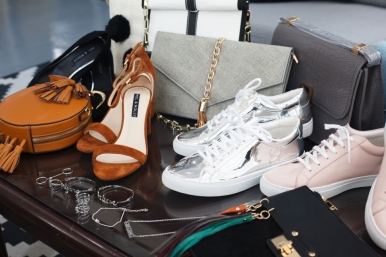
“Finding talent was hard,” says Vivy. “We used to do everything ourselves at first, but doing it DIY-style meant that growth was very slow. So we had to hire the right talent and delegate work.”
To accommodate their growth strategy, the Fashion Valet founders needed an injection of capital. They went on reality television show Make The Pitch and secured the funding needed from online service portal MyEG, and then later from Elixir Capital, a global firm based in Silicon Valley, California and more recently from Japanese firm Start Today, owner of Zozotown, which operates much like Fashion Valet.
“We needed funding to grow quickly,” says Vivy, “And we felt that it was better to get shareholders than to get a loan.” To Vivy, cash flow is king. It was also important to her that the funds were not mismanaged, and that everything was planned and accounted for. Their approach to partner with investors that had stakes in companies in the information and communications technology industry was smart as they were able to harness the abilities of these companies in a way that benefitted the fashion retailer.
Fashion Valet now has 150 staff members across Malaysia, Indonesia and Singapore, with an eye on Brunei and Thailand. For Vivy, she believes she could not have done it without the team of dedicated staff who have added tremendous value to the company. Of all the company’s achievements, one that she is most proud of is the creation of leaders in the company.
“For example, we have someone who came in as a fresh graduate four years ago, and now she is the head of one of our departments, and all our heads of departments are running their divisions effectively with minimal supervision from us,” enthuses Vivy. “Looking for experienced talents is one of the hardest things but I think our management team is quite strong now.”
Casual onlookers have commented that success came easy to Vivy and Fadzarudin as both come from well-to-do families, and that Fashion Valet would not have grown at the rate it did if Vivy was not famous. While Vivy agrees that her strong personal branding played a role, laying the groundwork was a monumental effort and there is still much to do. Hence, having a good team is crucial for her. “When you have a good idea and a good product, the execution has to be done well. The team needs to deliver, or it will be hard to sell otherwise.”
“Expanding into Indonesia was actually quite difficult,” she confides. Was she surprised given the many similarities between the two countries? “Not really, as we had done our research before going in and we had mentors advising us on the do’s and don’ts. Nevertheless, we are discovering stumbling blocks weekly.”
Similarly, their expansion into Thailand is proving just as challenging. But not one to quit easily, Vivy looks forward to closing the gap in making Fashion Valet the regional hub for Asian fashion designers. “I’m very ambitious and I love to be challenged,” she professes. “If it was easy, then everybody would be a regional brand.”
